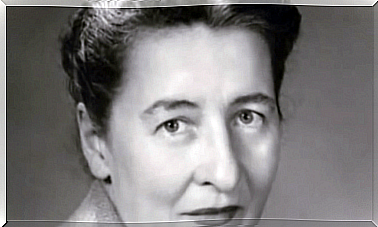Why Japanese Children Obey And Do Not Quarrel
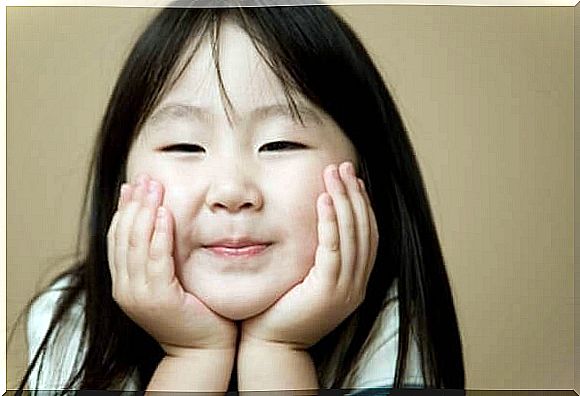
The character of the Japanese people is admired by many around the world. We have seen them face great tragedies with great courage. They do not lose control and they maintain their collective state of mind in every situation. They also show great respect for others and they have a good work ethic. It’s not just Japanese adults who are like this. Japanese children obey and are very different compared to what we are used to seeing in the western world. Japanese children are known to be humble and do not lose control.
How have the Japanese been able to shape a society where values, self-control and restraint have become commonplace? Are they so strict that they have achieved a disciplined society? Or are they perhaps good at raising children? Let’s take a closer look at this.
The Japanese attach great importance to the family
Something that makes the Japanese special is the family relationships that exist between different generations. The bond between old and young is more empathetic and caring than in other parts of the world. To them, the ancients are full of wisdom and deserve great respect.
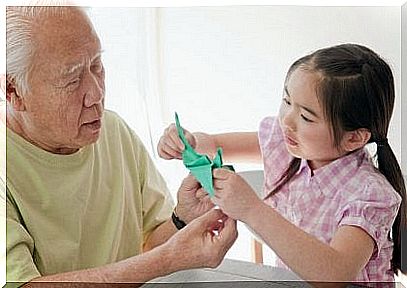
The elderly, on the other hand, see children as adults who are being educated, which is why they are so tolerant of them. They assume a guiding role, and not one in which they judge or control their lives. That is why the bond between old and young is so harmonious.
The Japanese appreciate the whole family, but there are still limits. For them, it is inconceivable that the grandparents take care of the children just because the parents do not have time. The bands are not based on an exchange of services but on the perception that everyone has their own place.
Child rearing is based on sensitivity
The majority of Japanese families understand that child rearing should be done carefully. Screaming is not something that is appreciated. What parents expect from their children is that they learn how to relate to the world and how to respect the sensitivity of others.
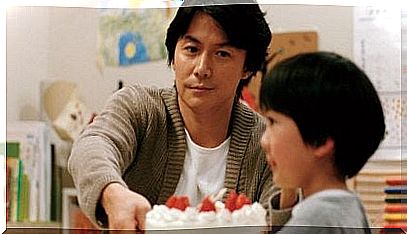
When a child does something wrong, the parents discipline with a look or gesture, to show that the action is not acceptable. It is common for them to use phrases like “You hurt it” or “You hurt yourself” to show that their behavior is not accepted because it caused harm and not just because.
This formula also applies to objects. For example, if a child breaks a toy, the parents will probably say “You damaged it”. They will not say “You broke it”. The Japanese emphasize the value involved and not the functionality of the object. This is why children from an early age learn to be sensitive in every situation, which is what makes them more respectful.
The big secret: Quality time
All the previous elements are very important. But none of them are as important as the fact that the Japanese spend a lot of quality time with their children. They do not see parenting as something done from a distance, but rather the opposite. It is very important for them to create strong bonds with their children.
It is very unusual for a mother to take her child to kindergarten before the age of three. It is more common to see mothers taking their children everywhere. This physical contact creates deeper bonds. The proximity of the skin becomes something that is also useful for the soul. For the Japanese mother, it is very important to talk to the children.
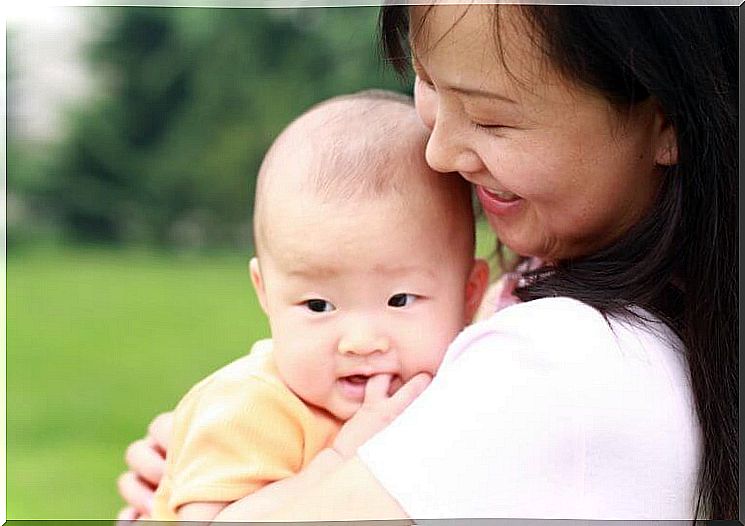
The same goes for dads and grandparents. It is common for family members to gather and talk. Eating as a family and telling stories are some of the common activities. Family stories are told over and over again, and a sense of identity and belonging will therefore be passed on to the child, and that the spoken word has a great importance.
It is therefore very unusual for Japanese children to be rowdy because they are surrounded by an environment that cares for them. They feel that there is order in the world and that each person has their place. This gives them a sense of calm and makes them sensitive, as well as helps them understand that emotional outbursts are not necessary.
